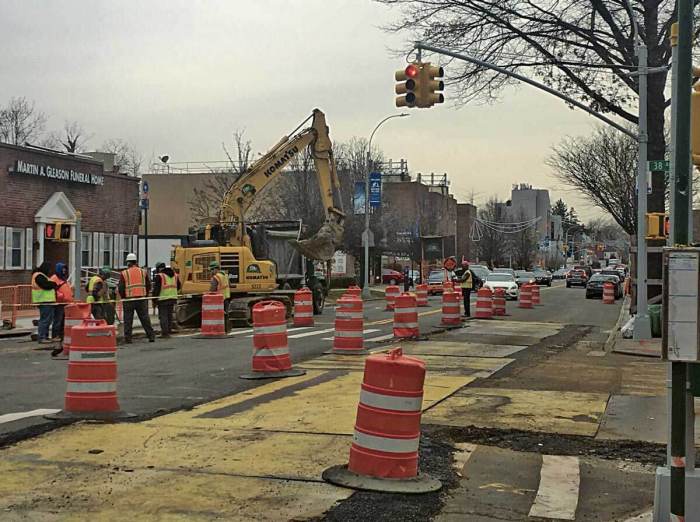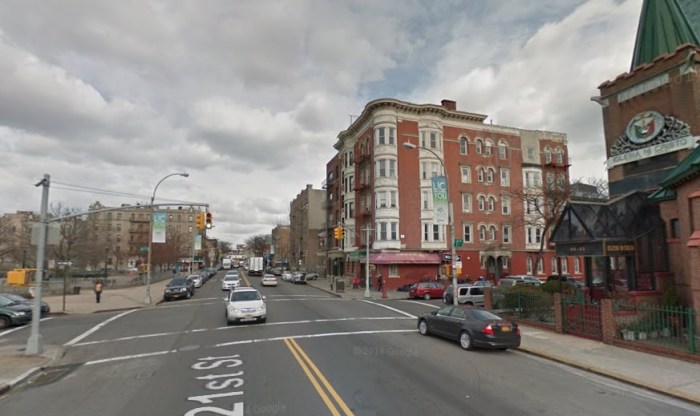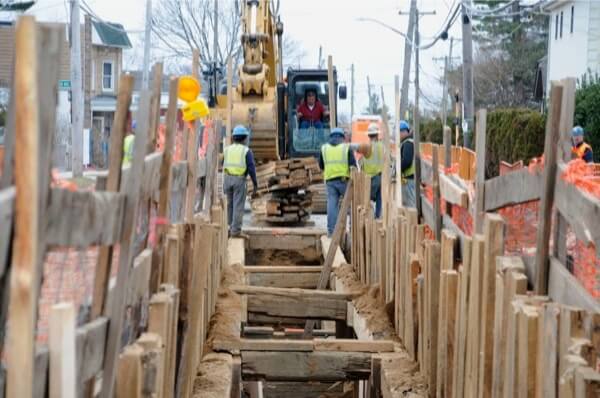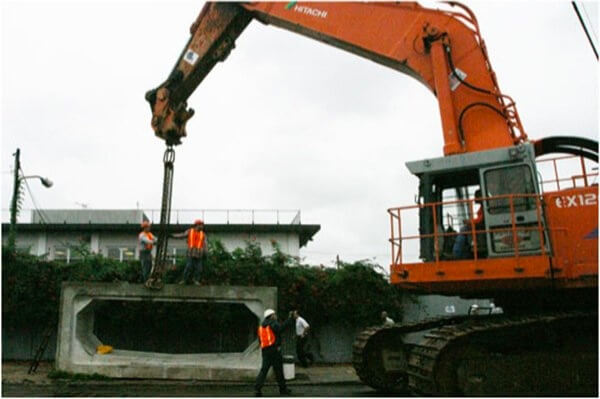In the wake of the 9/11 attacks, Mayor Bloomberg and his team immediately recognized that Lower Manhattan needed to be built back quickly and more efficiently. They knew we couldn’t only focus on the gleaming Twin Towers that we lost, but we needed to quickly clear and rebuild the streets and roadways that are the foundations of Lower Manhattan.
With that sense of mission and urgency, the Administration implemented critical reforms to expedite the procurement process and get shovels in and under the ground as soon as possible. Over time, those reforms spread to cover projects and procurements in all five boroughs. While well-intentioned, those reforms have drifted far from their original mission and now significantly favor global energy and telecommunications companies at the expense of New York City small businesses and taxpayers.
We are a group of small businesses committed to strengthening our city and supporting our Mayor’s greatest needs and boldest ambitions. We support more than 70 percent of all the projects administered by the Department of Design and Construction. We play by the rules and go above and beyond to engage our MWBE partners to ensure they are at the table on every project. Unfortunately, the current bidding process and rules have evolved where we are forced to charge the city far more than needed to get our projects done due to a cap on the costs for the privately owned utility and telecommunication companies whose work we do for them.
Here is how we got here. Mayor de Blasio moved aggressively to implement a new program called Joint Bidding 4.0 (J.B. 4.0) which went into effect at the beginning of the Adams Administration. The J.B. 4.0 system contains a fatal flaw that will cost taxpayers an estimated $260 million over the next four years and significantly favors multi-national utility and telecommunications companies.
The issue centers on the fundamental way contractors have to bid on the slew of city contracts let each year across all five boroughs. The city adheres to a low-bid policy however, while the contractor has wide discretion on how it can bid on the primary, city construction work, the complementing utility work that is required (moving power, phone and other lines and wires) is subject to dramatically lower fixed pricing.
Under J.B. 4.0, when bidding for a project, a contractor can only allocate all the costs to the flexible portion of the bid, which is paid by the city (i.e. taxpayers) but is capped on what they can bill the private utilities and telecommunications companies. Since the fixed, private utility pricing is so low, the contractor must allocate all additional costs for the private utility work into the city, taxpayer funded portion of the work.
The city’s JB-Pages (4.0) joint-bidding contract requirements revised as of Nov. 9, 2021 (“JB 4.0 Provisions”) advise contractors that although they can specify the price they wish to bid for repairing the city’s public infrastructure, the contractors have no choice but to accept an arbitrary and massively undervalued “NYC Utility Price List” for the bundled “utility interference” work.
An analysis by the NYCRA compared the prices contained in the NYC Utility Price List to prices bid and accepted for substantially identical utility interference work before the J.B. 4.0 Provisions took effect. NYCRA found that the prices set in the NYC Utility Price List are approximately 47% below the prices that resulted from a competitively bid marketplace.
As a result, there is only one way for contractors to bid on these projects that will allow them to pay their employees and properly perform the project: Contractors must increase the prices they bid on the public work portion of the contracts, effectively shifting the costs of the private utility work to the public taxpayers.
Even worse, since 2004, the private utility companies have not participated in the MWBE program on Joint Bid projects, even though the money allocated to their work in the contract was deemed subject to MWBE participation. In 2022, the NYRCA requested that the private utility companies provide a qualified list of MWBE subcontractors for their respective scopes of work and implored the DDC Commissioner to enjoin the private utilities to provide this information. Instead, the NYCDDC only provided a list of MWBE subcontractors for the city scope of work and not for the private utility scope of work. This is in direct conflict with the city’s efforts to expand MWBE participation.
There are existing alternatives that will restore fairness and balance for taxpayers without slowing down procurement. If the Mayor and his team are truly committed to having a city government that “Gets Stuff Done” and saves the government money, then scrapping, J.B. 4.0 is a good place to start.
ADC Construction, LLC
CAC Industries, Inc.
DiFazio Industries, LLC
Huicatao Corp. (Certified MBE Firm)
JLJ IV Enterprises, Inc.
JR Cruz Corp.
J Pizzirusso Landscaping Corp.
MFM Contracting Corp.
Northeast Remsco Construction Inc. (Certified MBE Firm)
Perfetto Contracting Corp.
Triumph Constriction Corp.



































